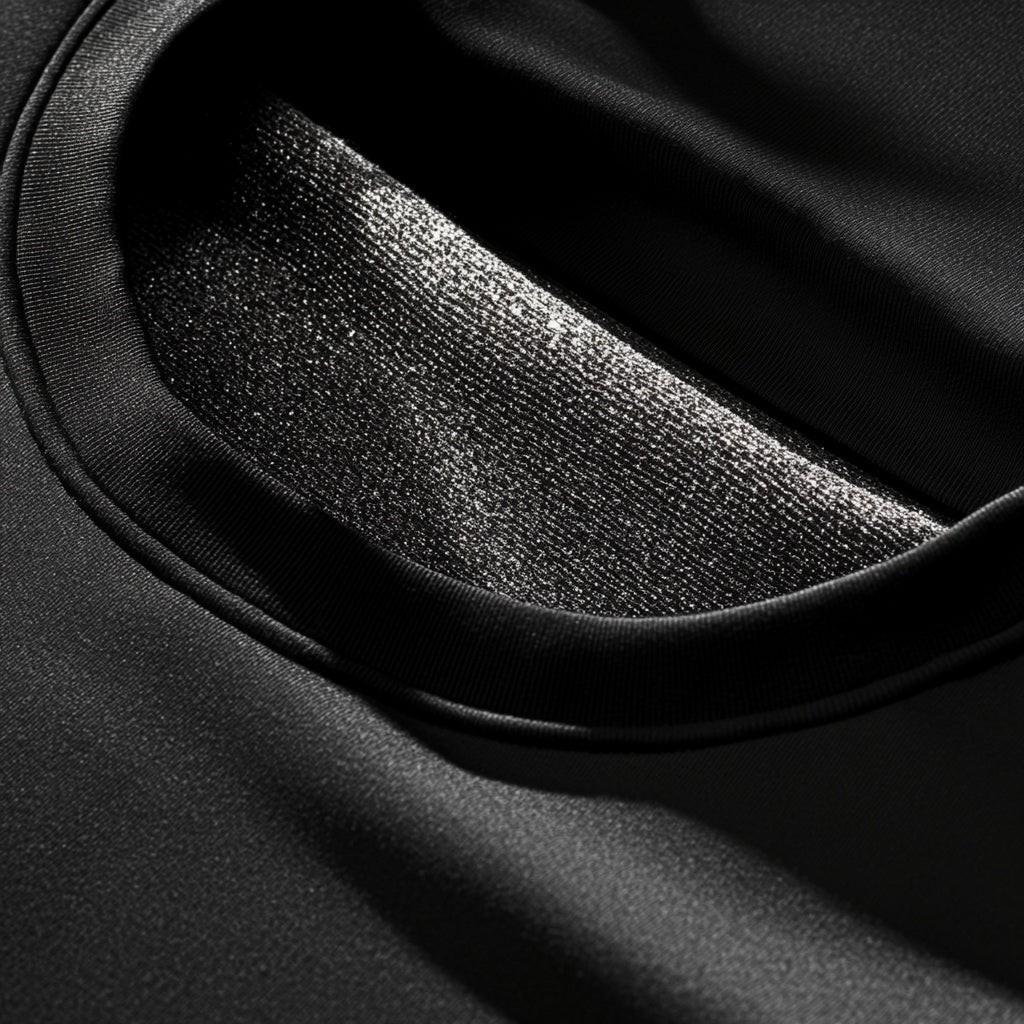How Long Do Fillings Have to Be Replaced?
The length of time that your fillings will last is dependent on a number of things, such as the material that was used and how well you take care of your teeth. However, if you maintain a high level of care for your fillings, they should continue to function normally for the longest period of time.
Composite fillings, which are constructed of a tooth-colored resin that matches the color of your teeth, typically last for around seven years. These fillings are also known as white fillings. However, there are several foods that might cause composite fillings to wear down faster than normal.
Amalgam Fillings
Your dental fillings' longevity is determined by a lot of things, one of which is how well you take care of your teeth, in addition to how precisely the filling is positioned in your tooth. On the other hand, there are a few things you can do to ensure that your fillings remain in place for the longest amount of time feasible.
Your first order of business should be to verify that the substance your dentist will use to fill your tooth is of the highest possible quality. If the dentist employs a low-quality or inexpensive material, there is a greater chance that it may fracture or shatter. In addition, you should adhere to a decent oral hygiene practice in order to prevent cavities, which may be caused by improper dental hygiene.
Your diet is another aspect that might play a role in determining how long your fillings will last. Consuming a large quantity of meals high in sugar might raise the risk that your filling will split apart. You should also try to limit the quantity of coffee and tea you consume since these beverages might reduce the strength of the metals used in dental fillings.
A filling that is formed of amalgam will typically endure for at least ten years in the majority of situations. Patients who have cavities in their teeth and require fillings often choose this form of restoration since it is the most traditional and widely used alternative.
Mercury and many other metals are combined to form amalgam, which is then used in dental fillings. The body is not harmed by the presence of certain metals, although some individuals may have allergic responses to them.
If you believe that you have an allergy to the mercury or any other component of your silver filling, you should discuss the possibility of switching to a different restorative material with your dentist. These reactions don't happen very often, but if you suspect you could have one, you should call your dentist right once.
Composite fillings, on the other hand, are considered to be a more contemporary option. They have the benefit of being tooth-colored, which allows them to blend in with natural teeth, which is a distinct advantage. In spite of the fact that they do not have the same level of durability as amalgam fillings, they are far more attractive and have the additional advantage of preventing mercury poisoning.
They are also simpler to position, making them a more favorable choice for those who have oral anxiety or who have particular requirements. Because they are also more resistant to breaking, they are an excellent option for protecting rear teeth, which are more likely to suffer from decay.
Because amalgam fillings are, in most instances, more durable than composite fillings, they are an excellent alternative for teeth that have a significant amount of decay. Composites, on the other hand, continue to be a popular option among patients who want a filling that has a more natural appearance.
Fillings Composed of Composites
Fillings are one of the most frequent types of dental procedures, and the vast majority of people will need one at some time in their lives. Composite fillings are one form of filling that is widely utilized in the dental industry. They are used to treat teeth that have been damaged by decay.
Composite fillings are tooth-colored and blend in very well with real teeth since they are made of the same material. They also excrete fluoride, which reduces the likelihood that cavities may form in the teeth. Because of this, they are perfect for treating little cavities, but it's possible that larger cavities are outside their scope of use.
They are long-lasting and may, on average, be worn for seven years; however, this period of time can be extended significantly by taking proper care of one's teeth at home. It is recommended that you see your dentist at least twice a year for checkups and cleanings to help maintain the health of your fillings and prevent any problems from developing.
Your oral hygiene routine and the quality of the materials used to produce the composite fillings both have an impact on how long they will last in your mouth. In the event that you do not wash and floss your teeth on a regular basis, germs may accumulate around the filling and create complications. In addition, you should stay away from substances that might potentially harm your composite fillings. Consuming meals that are high in sugar or acid may cause the link between the filling and the tooth to become weakened, which can lead to early wear and tear.
The manner in which a composite filling is positioned is another aspect that has a role in determining how long it will last. The filling should be sculpted with care so that it is smooth, and the dentist should choose a substance that is strong enough to keep it in place without causing any discomfort or anguish to the patient.
A composite filling may be created using a liquid resin, a firm filler that is similar to plasticine, or a substance that is similar to putty. The relative amounts of these components affect the composite material's overall strength as well as its degree of flexibility.
These materials are placed to the surface of your tooth in stages, and each layer is allowed to cure independently before being polished and buffed to create a finish that looks stunning and completely natural. This operation might take anywhere from thirty to sixty minutes per tooth, and you might need a local anesthesia in order to get through the surgery.
Composite fillings are an excellent alternative to silver amalgam fillings, and they may be used to repair teeth that have been damaged by decay, chipped, worn, or discolored. Composite fillings are an excellent alternative to silver amalgam fillings, and they can be used to restore teeth. They are an excellent alternative to crowns for the front teeth and may be used to build veneers or edge bonds, both of which can be utilized to modify the contour of your teeth.
Gold Fillings
Many different types of materials may be used to construct dental fillings. Your dental insurance, the location and severity of the decay, and the suggestion of your dentist all play a role in determining the sort of material that will be used. However, the majority of restorations have a lifespan of ten to fifteen years or even more.
Silver amalgam, which consists of a combination of mercury and silver, tin, copper, and zinc, is one of the most popular forms of fillings. It is also one of the oldest types of fillings. The cost of these fillings is far lower than that of restorations made of gold or porcelain, and they often survive for 10 years or more.
Crowns and bridgework are two examples of dental restorations that often make use of gold, which is another common option of material. It is also used in the production of dental inlays and onlays by dentists. Gold, in contrast to other types of fillings, does not have pores and does not corrode with time.
There are several varieties of gold, including white and yellow metals, and each one has its own unique properties. While some dental crowns and bridges are made entirely of gold, others are constructed using a variety of gold alloys.
Gold has a more natural appearance than other materials, and it does not discolor like composite resin fillings, thus many patients find it more appealing to have their fillings made with gold. Additionally, unlike certain other forms of fillings, it does not irritate sensitive teeth or contribute to discomfort in the teeth that are next to the affected tooth.
Depending on how the gold fillings are placed in the tooth, their longevity may vary anywhere from ten to thirty years. As a result of this, it is recommended that you have your gold fillings examined on a regular basis to verify that they are still in satisfactory shape.
It is vital to replace your fillings if they become brittle or break, and you should have your dentist reshape them every few years to preserve their strength and functionality. If your fillings have become brittle or broken, it is important to replace them. In order to stop the decay from progressing further, you should maintain their teeth clean and discourage them from gnawing on anything too tough.
In addition, the material that you choose might have an effect on how long your fillings continue to function properly. Fillings made of ceramic, for instance, have a better marginal fit than those made of gold, which means that they are less likely to allow germs and food particles to slide between the tooth and the filling.
The lifespan of fillings of this sort is anywhere from five to seven years, but they have the potential to endure much longer. Because they are not as durable as fillings made of metal, composite fillings may need to be changed more often than amalgam fillings.
Fillings Made of Porcelain
A dental filling is a kind of restoration that may be used to treat cavities and other issues related to the teeth. It is possible to use it to cure cavities, but in addition to that, it is a cosmetic and restorative therapy that may improve the beauty of your smile as well as the functioning of your teeth.
Porcelain fillings are stain-resistant, long-lasting, and have the appearance of real tooth enamel. They can also be colored to correspond with the shade of your natural teeth, making it easier for them to fit in with the rest of your smile.
Porcelain fillings, just like other types of fillings, may be used to restore teeth that have decay or to repair teeth that have been injured. These fillings are transparent and can tolerate light just as well as your natural tooth enamel, in contrast to silver amalgam, which may get darker with time.
Porcelain fillings, on the other hand, are far less prone to fracture or shatter over the course of time, in addition to being more durable than metal fillings. This is due to the fact that, unlike metal fillings, they do not grow and compress with time. Because of temperature and fluctuations in temperature, amalgam fillings are more likely to crack than other types of fillings, which may cause chips in the enamel of your teeth and a loss of the teeth's overall structural integrity.
It is uncommon for amalgam fillings to create any adverse consequences on a patient's health, despite the widespread belief among patients that the mercury contained in amalgam fillings poses a threat to their wellbeing. When you bite and chew food with your teeth, the amalgam fillings in your teeth release the mercury that is contained inside them, which may then be absorbed by the body.
Heavy metal is the common name given to amalgam due to its composition, which includes silver, tin, zinc, copper, and mercury. The mercury that is included in dental fillings has the potential to leach into the gum tissue around the tooth and turn the tooth a dark gray or even black color over time.
It is for this reason that patients often seek the advice of their dentists to switch out their outdated amalgam fillings with porcelain fillings. This is due to the fact that it is a healthier option that is also more long-lasting and does not provide any dangerous health hazards.
Fillings made of porcelain may be bonded to your natural tooth, which helps them to endure longer than fillings made of metal. Porcelain fillings are also more aesthetically pleasing. During the treatment, your dentist will first remove the area of your tooth that has decay, and then they will glue the new porcelain filling to the section of your tooth that is still healthy.
























































Leave a comment